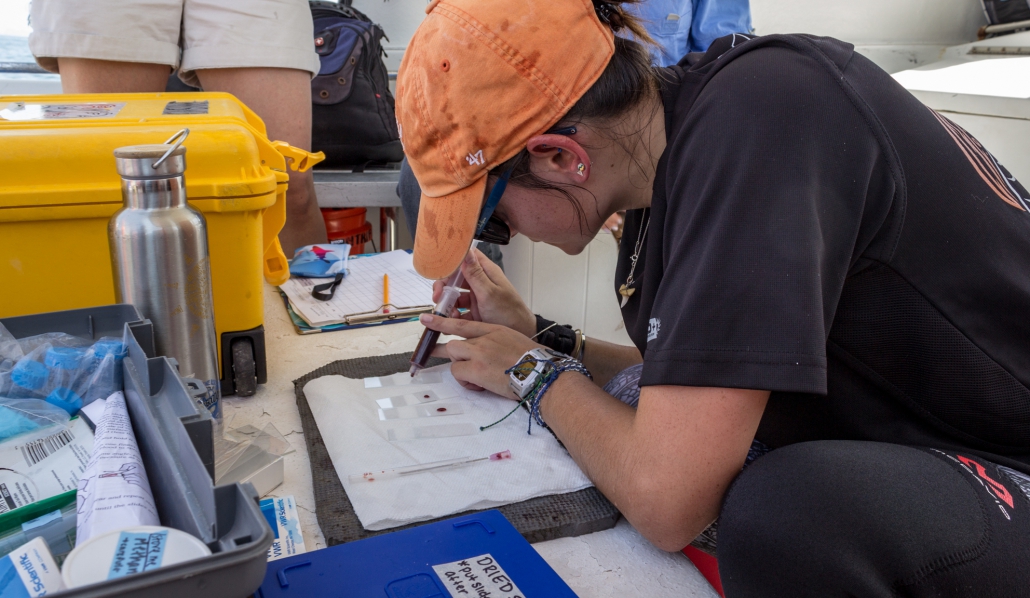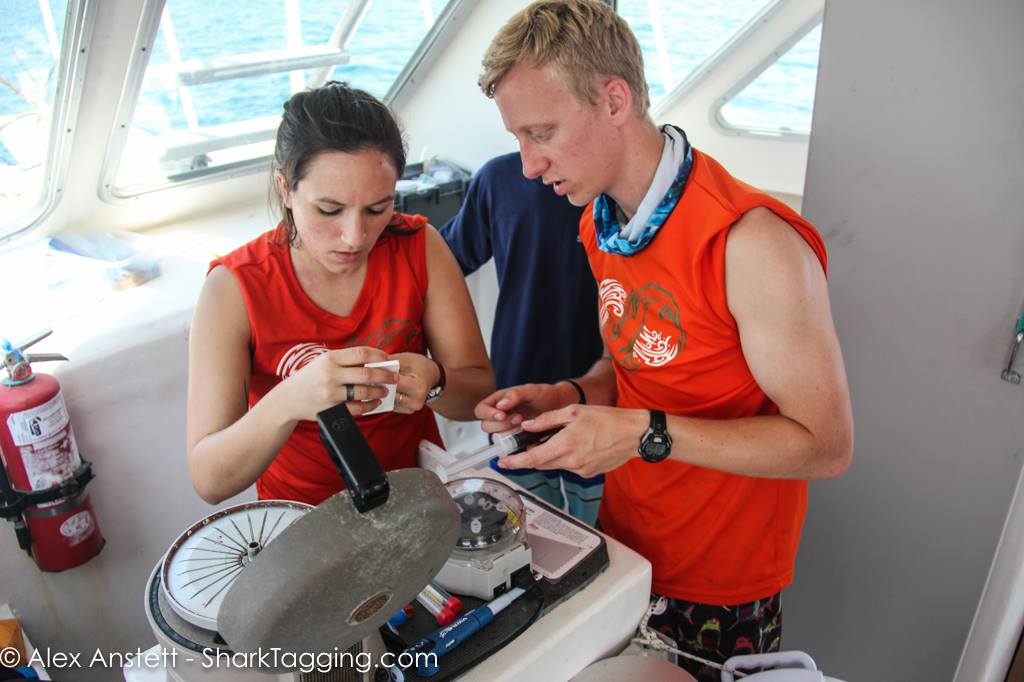Overview
Studies of the immune system in elasmobranchs have been conducted on the Atlantic sharp-nosed ray, the cownose ray, catsharks, dogfish, and the nurse shark. Many of these animals have been used primarily as laboratory models for research into the evolution of the human immune system. Elasmobranchs are one of the earliest groups of vertebrates to exhibit a fully functional innate and adaptive immune system comparable to those found in mammals. Both innate and adaptive components of the shark immune system have now been described in the literature in detail and many of the pathways for immune reactivity are well known. However, much of this information has been derived from only a few species–primarily smaller, benthic species because of the ease with which they are kept in captivity or worked with in a lab. Little is known about larger coastal or pelagic shark species in terms of their immune system and immune reactivity. Some evidence suggests that there is a high degree of variation in the immune systems of different shark species, which is not surprising given the long evolutionary timelines between divergences among various shark lineages.
One of the challenges for studying the immune system of sharks is the ability to collect tissue samples and conduct field immune assessment. Current monitoring programs that include tagging studies present an opportunity to investigate immune status and gain further understanding of the immune system of wild sharks. An important consideration is whether we can use immune status to evaluate the well-being of wild sharks under various stresses, in diverse habitats, or at different levels of maturity. Several examples of this have popped up in the literature where investigators have sought to measure well-being in sharks in polluted and non-polluted habitats by measuring an immunological parameter such as inflammation. However, such studies require baseline data for various immunological parameters. Once baseline information about immune reactivity for each species is established, a methodology can be developed to apply these immune assessments to current monitoring protocols and maximize information regarding wild shark immune status. The purpose of current research is to conduct preliminary immune assessments on wild sharks caught off the coast of South Florida as part of an on-going ecological study and use these data as a baseline to determine whether measures of immune status can be applied to global conservation efforts.

SRC – In Focus
Goals
Methodology
Field collection consists of obtaining a peripheral blood sample from each shark tagged. Blood samples will be added to tubes that contain anti-coagulants (EDTA or sodium citrate and/or sodium heparin) and a portion of whole blood will be used to make peripheral blood smears in duplicate for each shark. Blood smears will be allowed to dry and then immediately stained (modified Wright’s stain) to perform complete blood counts later in lab. Sharks will be assessed for biometric data including size as well as for sex, age/maturity, reproductive status (if possible), and any injuries/wounds and/or other health information recorded.
Immune Assessment
There are no standardized hematological techniques or reference levels known for sharks, although some parameters are well established for some model species. It is expected that one of the results of this study will be the description of various hematological and immunological parameters for various species of sharks that have not yet been investigated. This will serve as reference intervals so that future studies can detect potential abnormalities or variations such as those observed in mammals (leukocytosis, neutrophilia, lymphopenia). Complete blood counts will be performed on blood smears in duplicate for each shark sample. In particular, the presence of immature cells and cells in varying stages of maturation will be recorded (looking at segmentation of nuclei). Overall percentages of granulocytes, monocytes, and lymphocytes will be recorded as well as ratios thereof. At the time of collection, the erythrocyte sedimentation rate and packed cell volume (PCV) will also be recorded along with hemoglobin concentration. A serum protein analysis will be conducted to assess the total serum protein, globulin fraction, complement activity (both alternative and classical complement), lysozyme activity, and anti-microbial reactivity of serum. A relevant panel of other inflammatory markers in serum may also be tested depending on preliminary screens. A likely candidate that has been partially characterized in elasmobranchs is C-reactive protein, so CRP levels can likely be measured as a marker of inflammation. Adaptive immune status will be measured as overall antibody titre measured using the sRBC assay (taken together with total serum protein level). Additional tests for oxidative stress and/or functional activity on isolated leukocytes may be performed if sufficient samples are obtained.


Scientific Publications
AtallahBenson L, Merly L, Cray C, Hammerschlag N. (2020) Serum protein analysis of nurse sharks. https://doi.org/10.1002/aah.10100


